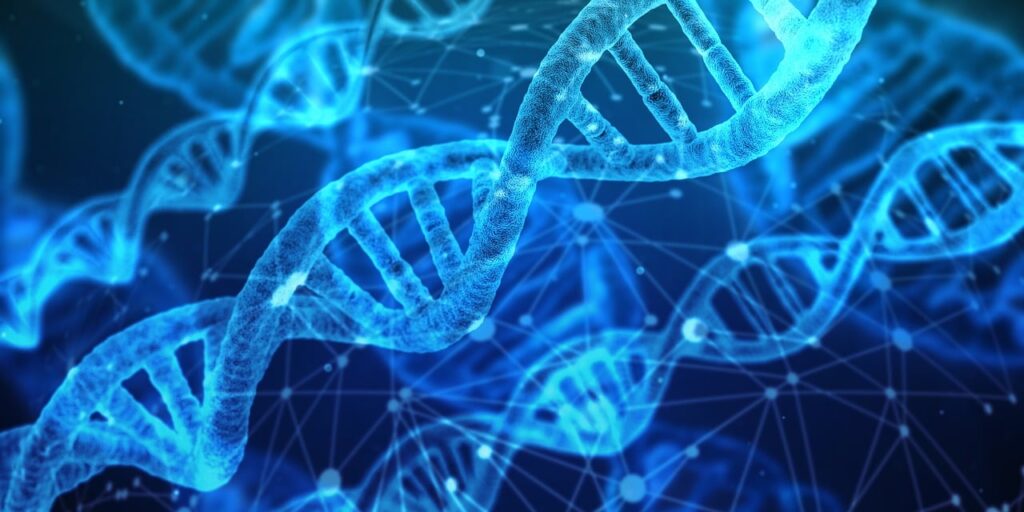The Science of Everyday Life
Have you ever stopped to consider how much science is involved in your day-to-day activities? From the moment you wake up in the morning until you go to bed at night, science plays a crucial role in almost everything you do. Let’s take a closer look at the science behind some of the most common activities in your everyday life.

Food and Nutrition
Did you know that the food you eat goes through a complex process of digestion and absorption in your body? From chewing your food to enzymes breaking it down in your stomach and intestines, there’s a lot of science involved in turning your meals into energy for your body. Eating a balanced diet with a variety of nutrients is essential for your overall health and well-being.
How Electronics Work
Have you ever wondered how your smartphone or computer actually works? Electronics are based on the flow of electric current through circuits made up of conductive materials like copper and silicon. These devices use transistors, capacitors, and resistors to control the flow of electricity and perform various functions. Understanding the basic principles of electronics can help you make informed choices when buying or using electronic devices.
The Science of Transportation
Whether you drive a car, take public transportation, or ride a bike, transportation is an integral part of everyday life. The vehicles we use rely on principles of physics to move from one place to another. From the combustion of fuel in an engine to the friction between tires and the road, there are multiple scientific concepts at play in transportation. By understanding these principles, you can make safer and more efficient travel choices.
The Chemistry of Cleaning
Cleaning products are designed to remove dirt, grime, and germs from surfaces in your home. These products rely on chemical reactions to break down and eliminate unwanted substances. For example, laundry detergents contain enzymes that help to break down stains, while disinfectants use chemicals like bleach to kill harmful bacteria. Knowing how these products work can help you choose the most effective cleaning solutions for your needs.

The Physics of Sports
Sports and physical activities involve a wide range of scientific principles, from Newton’s laws of motion to the properties of friction and momentum. Whether you’re shooting a basketball, kicking a soccer ball, or throwing a baseball, understanding the physics behind these movements can help you improve your performance and prevent injuries. By applying these principles, athletes can optimize their techniques and achieve better results in their chosen sports.
Understanding Weather Patterns
Weather plays a significant role in our daily lives, influencing everything from what we wear to how we plan our activities. Weather patterns are driven by complex interactions between the atmosphere, oceans, and land surfaces. Factors like air pressure, temperature, and humidity determine whether we experience sunshine, rain, snow, or storms. By learning more about meteorology and climate science, you can better predict and prepare for different weather conditions.

The Biology of Sleep
Sleep is essential for your physical and mental health, allowing your body to rest and recharge for the next day. The science of sleep involves understanding the different stages of sleep, from light sleep to deep sleep and REM (rapid eye movement) sleep. During these stages, your body undergoes various physiological processes, such as muscle repair, memory consolidation, and hormone regulation. By prioritizing good sleep habits, you can improve your overall health and well-being.
Environmental Science in Action
The health of our planet is closely linked to our everyday choices and actions. Environmental science involves studying the interactions between humans and the natural environment, from pollution and climate change to biodiversity and conservation. By adopting sustainable practices like reducing waste, conserving energy, and supporting eco-friendly initiatives, you can help protect the environment for future generations. Understanding the science behind environmental issues is key to making informed decisions that benefit both the planet and its inhabitants.
The Psychology of Decision Making
Every day, you make countless decisions that impact your life and the lives of those around you. Psychology is the scientific study of human behavior and mental processes, including how we think, feel, and act in different situations. By understanding the principles of psychology, you can make more thoughtful and rational decisions in your personal and professional life. Whether it’s setting goals, managing stress, or building relationships, psychology can provide valuable insights into your behavior and interactions with others.
The Technology of Communication
Communication plays a vital role in connecting people and sharing information in today’s digital age. Technology has revolutionized the way we communicate, from sending emails and text messages to video calls and social media. Understanding the basics of communication technology, such as wireless networks, data encryption, and digital platforms, can help you navigate the complexities of our interconnected world. By staying informed about new technologies and trends, you can communicate more effectively and efficiently in both your personal and professional relationships.
The Science of Happiness
What does it take to live a fulfilling and happy life? Positive psychology is a branch of psychology that focuses on the strengths and virtues that enable individuals and communities to thrive. By cultivating positive emotions, building strong relationships, and finding meaning in your life, you can increase your overall well-being and satisfaction. Understanding the science of happiness can help you make choices that lead to long-term fulfillment and a more meaningful existence.
In conclusion, the science of everyday life is all around you, shaping your experiences and influencing your decisions. By gaining a deeper understanding of the scientific principles behind common activities, you can make more informed choices that benefit your health, environment, and overall well-being. So, next time you go about your daily routine, remember the science that’s at work behind the scenes, and embrace the opportunity to learn and grow in your knowledge of the world around you.

